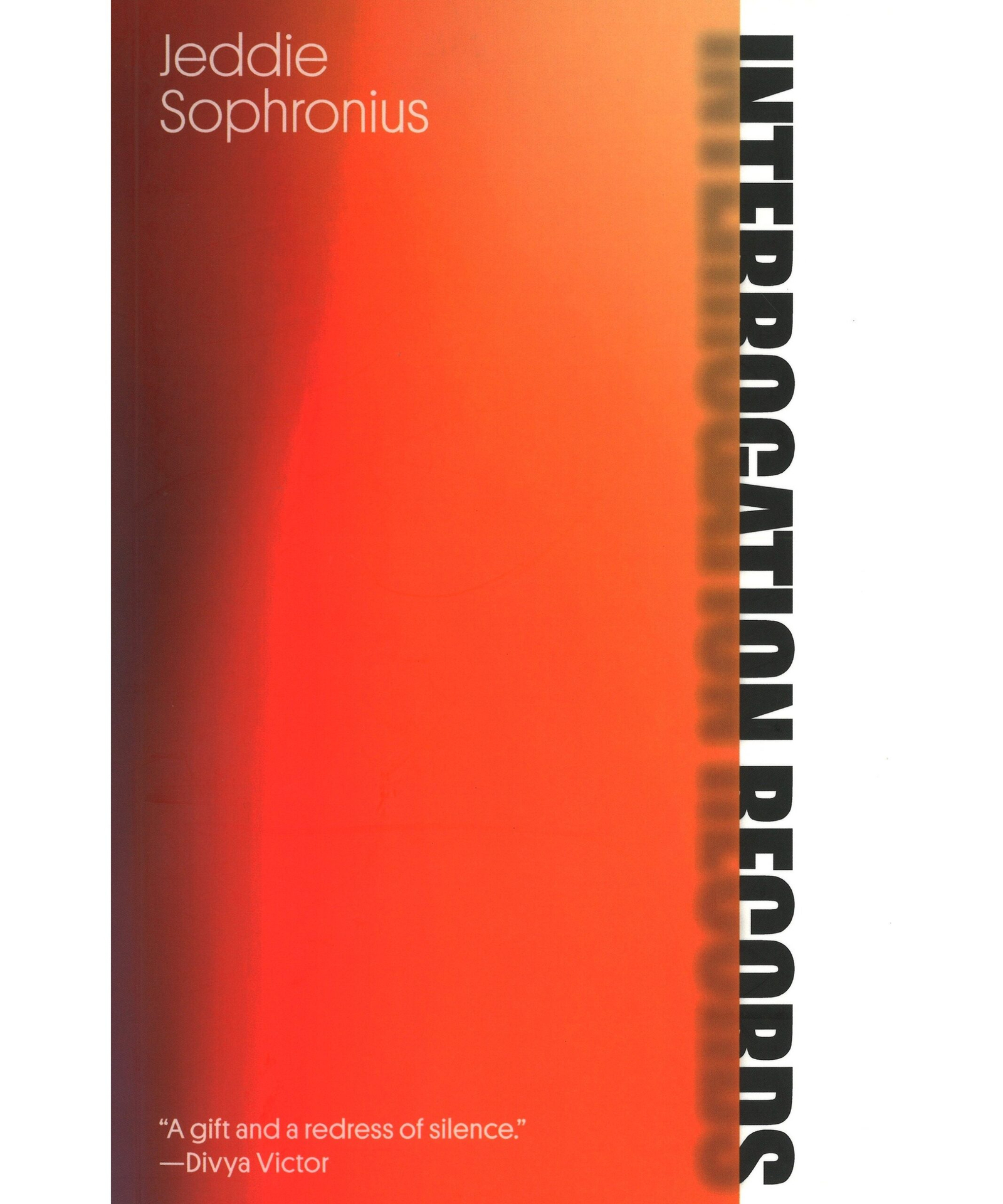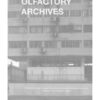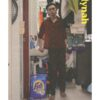Interrogation Records
By: Jeddie Sophronius
Synopsis
To this day, there exists in Indonesia a black hole of silence in acknowledging the 1965 mass killings as what they were — tragedy. Jeddie Sophronius’s Interrogation Records is a rare docupoetry collection that explores and calls into question the “official” narratives revolving around the massacre during this period of the Cold War.
Also known as “The Communist Purge,” the massacre resulted in the slaughter by the Indonesian army of members of the Indonesian Communist Party (PKI) and anyone accused of being affiliated to it — many of whom were Chinese and civilians. Throughout the collection, the voice of Sophronius’s speaker-researcher is quiet but always alert, contending with the aftermath of state violence and silencing, in a masterful blend of personal and collective history. Sophronius presents both authoritarian and artistic language on the same page, urging us to consider how documents, archives, and testimony may hold affective power and excavate a different truth.
Striking at a climate of silence and erasure, Interrogation Records is a remedy of collective amnesia.
— from Singapore Unbound
Also known as “The Communist Purge,” the massacre resulted in the slaughter by the Indonesian army of members of the Indonesian Communist Party (PKI) and anyone accused of being affiliated to it — many of whom were Chinese and civilians. Throughout the collection, the voice of Sophronius’s speaker-researcher is quiet but always alert, contending with the aftermath of state violence and silencing, in a masterful blend of personal and collective history. Sophronius presents both authoritarian and artistic language on the same page, urging us to consider how documents, archives, and testimony may hold affective power and excavate a different truth.
Striking at a climate of silence and erasure, Interrogation Records is a remedy of collective amnesia.
— from Singapore Unbound
Contributor's Note
Learning about history from the armchair is often a detached process - you go through the events via documents, interviews, statistics. But how can we feel in the process, beyond gaining knowledge? Feel its life and colours, feel its joys and sorrows, feel its weight and significance.
This book combines archival records with poetry, which was an enlightening experience of how an added layer evoking emotions can help me remember and relive history with much more fervour.
— Li Lin, SD
This book combines archival records with poetry, which was an enlightening experience of how an added layer evoking emotions can help me remember and relive history with much more fervour.
— Li Lin, SD


